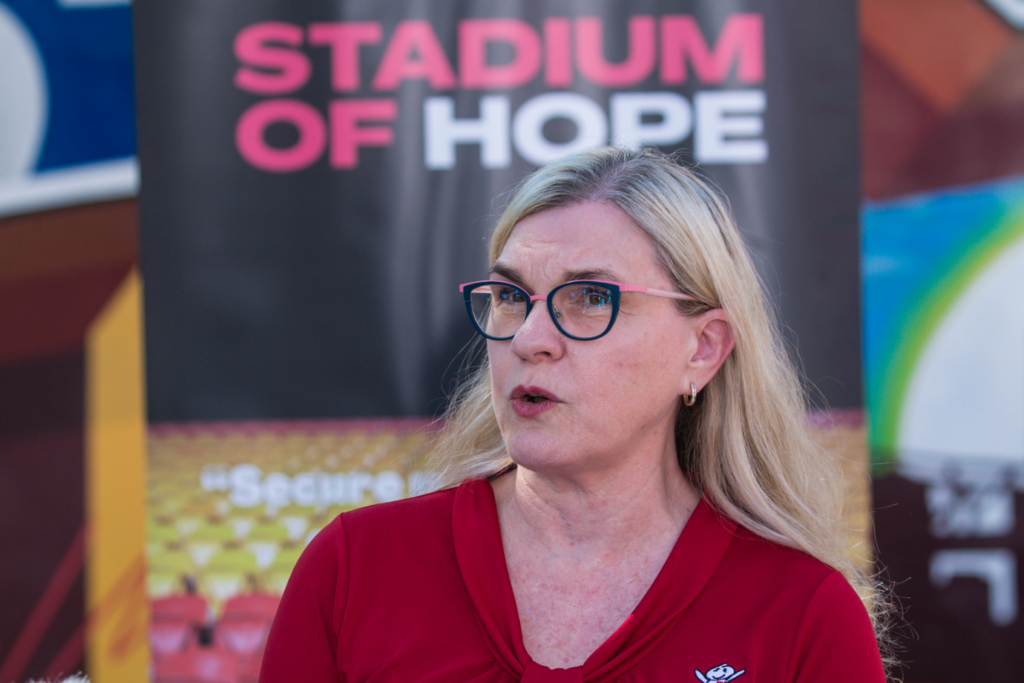If I asked you to stop for a moment to think about child poverty, what image would come to mind?
Most of us tend to imagine a developing country, or some other faraway land that is out of sight, and sadly, out of mind. But the uncomfortable, yet pressing reality is child poverty is happening right here on our doorstep and it’s impacting the safety, health and wellbeing of children and young people.
Child poverty is the tent you pass by on your morning walk through the local park. Or it could be the boy in your child’s class who is treated differently because his school bag is dirty and worn out, his uniform old and faded.
Child poverty is also what you don’t see. It’s the children living in crowded homes, or the family car. The kind teacher who secretly uses their own money to buy lunch for that one student who often “forgets” to bring theirs.
A new survey commissioned by Act for Kids for Anti-Poverty Week (October 13 to 19) found of the almost 1000 Australians surveyed, almost one in three (30 per cent) said they were struggling to buy food for their family. More than a quarter of people (27 per cent) reported difficulty affording internet.
The survey revealed 43 per cent of people were struggling to afford health care for their family, while almost one in three people (30 per cent) were battling to pay for their children’s basic educational needs.
It also found 37 per cent of people were struggling to pay their rent or mortgage and 40 per cent were finding it tough to pay for their children’s sporting activities and hobbies.
Act for Kids staff provide food vouchers to families in need, and we have seen our spend on this increase by 12 per cent over the last two years.
Every child deserves to grow up in a safe home where they feel protected, but when families are pushed to breaking point financially, it makes it harder for parents to be emotionally available for their kids.
I am deeply concerned that the strain on families caused by the current cost-of-living crisis will have long-term impacts on children’s wellbeing. This is despite them having parents who love them and are trying to do their best.
When families are worried about keeping a roof over their head or affording groceries, the pressure on parents is enormous, making it more difficult to create a safe and stable environment for children. This may result in delays to a child’s development, for example, in their speech, motor skills, or emotional competence.
That’s why I’m urging Australians to join the new campaign to end child poverty and take action by signing the pledge and petition.
Poverty is a complex issue, but as a nation we cannot afford to sit idly by and watch as children continue to suffer. We cannot afford to wait – we must collectively act now to end child poverty.
Feature image: Katrina Lines.

